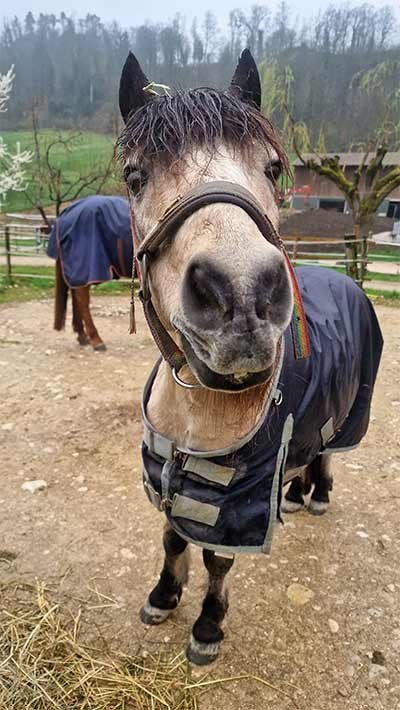We believe accounting should be lived, not just learned.
That’s why, at The Basel School, Accounting 100 isn’t a sit-back-and-listen kind of class. It’s a roll-up-your-sleeves, rent-a-table, track-your-transactions, make-some-mistakes-and-learn-from-them kind of class.
As part of our Real-World Accounting Project, every student team launches a micro-business at a local flea market. They plan their inventory, do the budgeting, and then spend a full day running their own booth — selling everything from riding gear to handmade crafts. Every booth, every weekend, becomes a live business cycle. Students track expenses, calculate depreciation, measure shrinkage, record transactions, and build their own financial statements — based on actual sales, not imaginary examples in a textbook.
And this isn’t a one-off assignment. It’s something we’ve been doing for years. Each weekend, new teams of two head out to apply what they’ve learned and see what the numbers really look like when it’s your own business on the line. And when students go out a second or third time? That’s when they start to analyze trends, compare sessions, and build a real understanding of business performance over time.
But here’s what makes this experience even more powerful: they’re not alone.

Professors show up on weekends. Not because they have to, but because they want to see their students in action — working through decisions, asking questions, and getting their hands dirty in the business world. They stand in the cold with them, drink bad coffee, and help troubleshoot when inventory gets tricky or pricing needs a rethink.
Parents come, too. This weekend, both of Jason’s parents stopped by — curious to see what their son had been working on. They stayed, observed, asked questions, and saw for themselves what it looks like when students actually run a business. His dad put it perfectly:
“At Uni Basel, they talk about experiential learning, but it’s just case studies on a screen. Here, my son stood outside for six hours, ran a real business, and came home with numbers that actually meant something.”
That’s what Practical Experiential Learning™ looks like. It’s not flashy. It’s not theoretical. It’s real work. Real effort. Real growth.
We know accounting isn’t everyone’s favorite subject. In fact, we’ve heard of other schools dropping it from their curriculum entirely — supposedly because students find it “too hard” or “too boring.” But here’s the thing: accounting is the language of business. How can anyone hope to succeed in business if they don’t understand the numbers?

We don’t believe in watering things down. We believe in teaching better.
We believe in making things real.
So yes, we keep accounting in.
But we make it practical.
We make it meaningful.
We make it make sense.
Because our students aren’t just memorizing terms for a test — they’re using accounting to make actual decisions in the real world.
It’s harder.
It’s more work.
And it’s absolutely worth it.


0 Comments